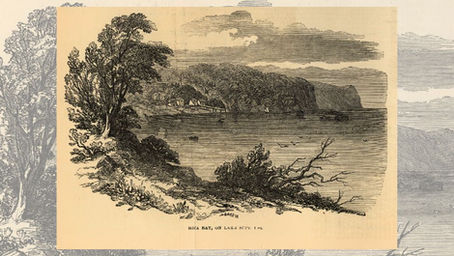top of page
Search


Count Me In!: A National Definition
As the landmark Métis rights case, R. v. Powley, based in the historic Sault Ste. Marie Métis Community in the Upper Great Lakes, worked...


Mica Bay Pt. 3: A Lasting Legacy
The Mica Bay Incident of November 1849 ended quickly and without bloodshed. Although the Métis and First Nations warriors had quickly...


Métis Fishing at Sault Ste. Marie
Subsistence and commercial fishing are enduring cornerstones of the Métis way of life and economy in Sault Ste. Marie, that were grounded...


A Common Métis Way of Life: River Lots
The Métis are connected by far more than discrete and singular moments of collective political action, like the Battle of Seven Oaks that...


“federal policies… deprived Métis people”
In an effort to expand its territorial boundaries following Confederation, Canada implemented a series of formal and informal policies...


“jolly youth of some 75 years”
The Toronto Star’s 1921 article, Strange Old Legends Surround Penetang , shares colourful stories about several of Pinery Point’s Métis...
bottom of page
